The Lake
By Michael Martin Shea
It was the summer the lake froze two feet thick & the streets were covered in frost. We were on the shore in our bathing suits, ready for vacation, but it never came. What we couldn’t understand made us angry—some of us threw rocks & tables at the ice, hoping to crack it, while others spent whole mornings just screaming at the sun. We began to attract national attention for our predicament. Why not just go somewhere else? they said. We didn’t have an answer, but still we walked down to the lake each morning, hoping to hear a splash. Nothing. Frozen shut. Then one day, a baby appeared in the ice, followed by another. No one could think of any missing children, but soon the lake was littered with infants. We sent teams with pick-axes onto the lake to save them, but the ice wouldn’t budge. The babies waved at us from under the frozen sheet. Some of them were crying. Many looked hungry. We didn’t know what to do. We pleaded with the lake to give us the children, but it wouldn’t listen to reason. We formed a mob. We blamed the women. We rounded them up & hung their bodies from the pines but we still didn’t have what we wanted. In the morning, many of the other men, realizing what they’d done, took off their clothes & lay face-down in the snow. Those of us who were left began to adopt the ice-babies, leaving flowers on the lake & giving them names we whispered to each other in the parking lots. They were all we had. We took them mashed pears, mashed peas, cows’ milk. We poured it on the lake, where it froze, forming opaque puddles that looked like mirrors. But of course we couldn’t see ourselves.
ABOUT THE POEM:
One of the strangest features of our society is the level of engagement we have with objects we’ve never actually experienced. Take war, for example—an object or idea that’s so pervasive in our culture, from blockbuster movies to the constant stream of news media even down to the war metaphors we use to describe football games. But so few of us have actually experienced war. The effects of war, sure, but not the actual object. What I think this creates is a disembodiment of the object: you forget certain features of it because you don’t have any direct access to it—and when you do come into contact with it, the difference between your conception of it and its actual reality can be really jarring.
In a small way, this happened to me back in January while visiting some friends in Wisconsin. I realized one day while I was there that I was looking at a frozen lake for the first time. Ever. Of course, I’d seen frozen lakes in movies and I knew all the cultural ideas about frozen lakes—mostly that they break apart the second you stepped onto the very center of the ice. But it didn’t exist to me as a real landscape—as a place where people could build igloos and go camping, for example. So I decided to explore this idea of a place that’s both intimately familiar and totally foreign. What would happen if the familiar object changed in some slight way? Bad things, apparently.
—
About Michael Martin Shea
Michael Martin Shea is an MFA candidate and Grisham Fellow at the University of Mississippi. His poems have appeared or are forthcoming in Indiana Review, Ninth Letter, Salt Hill, New Orleans Review, Hayden’s Ferry Review, and the Best New Poets 2012 anthology. He lives in Oxford, Mississippi, where he edits Yalobusha Review.
